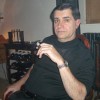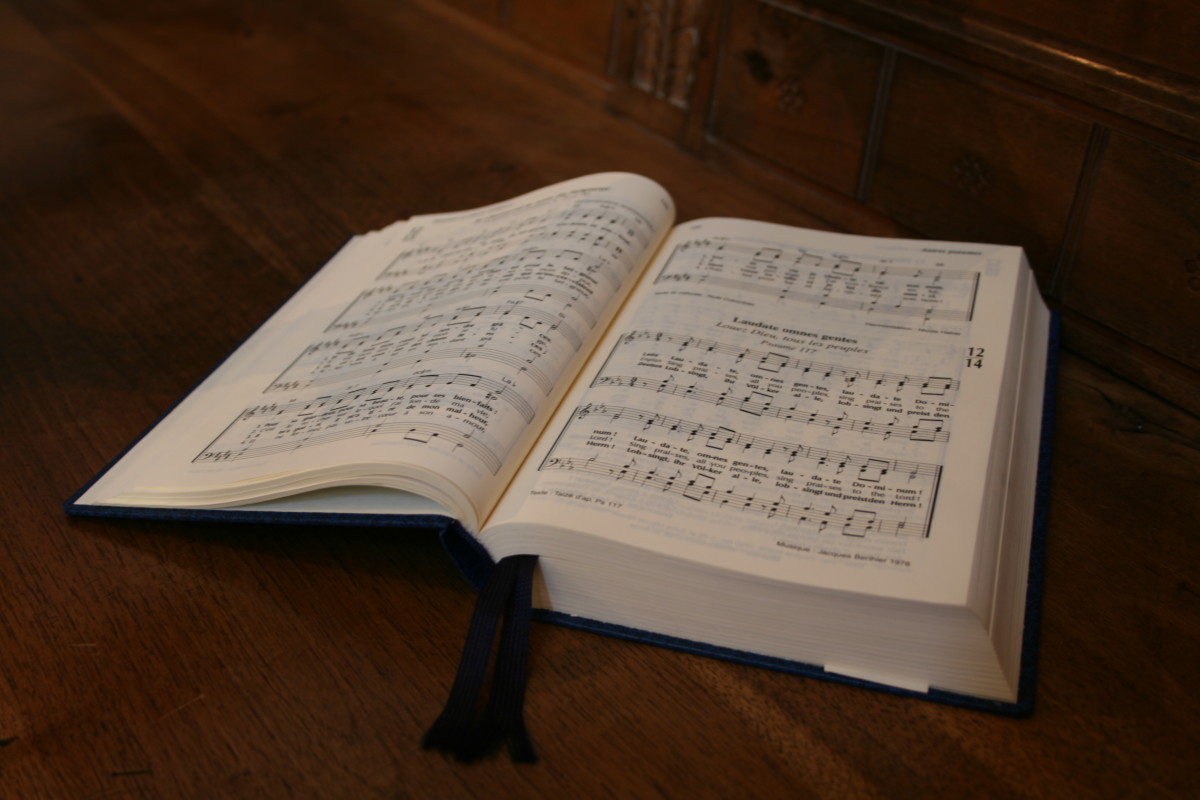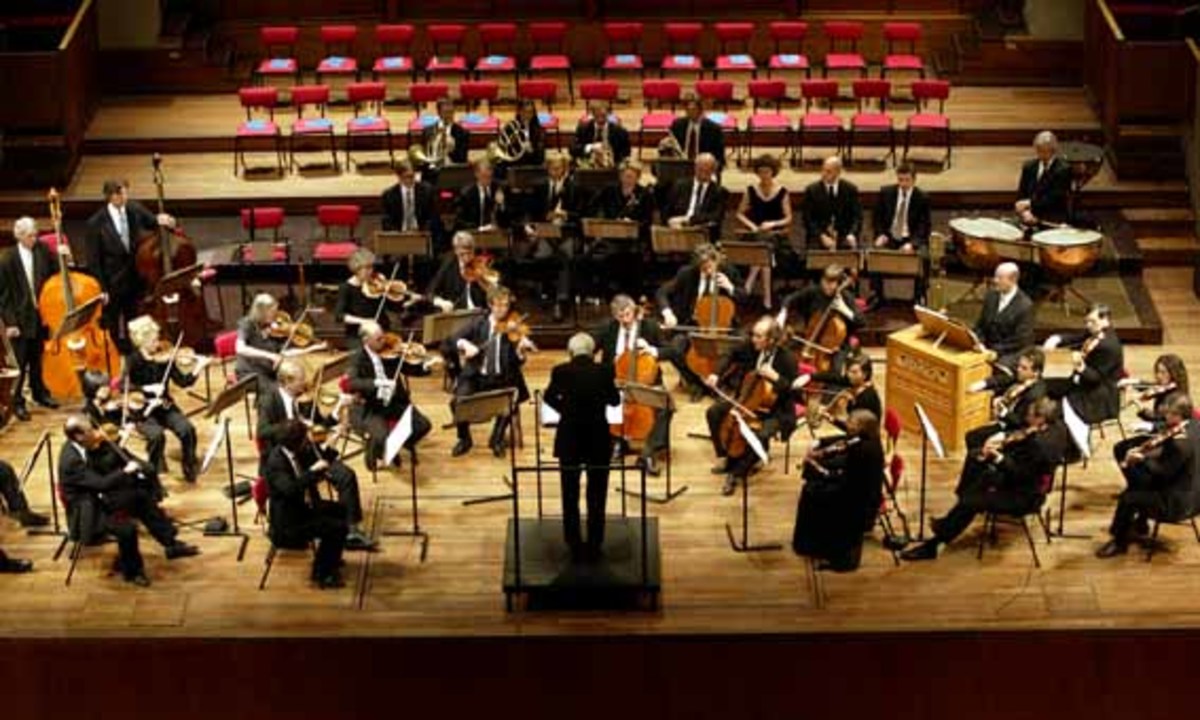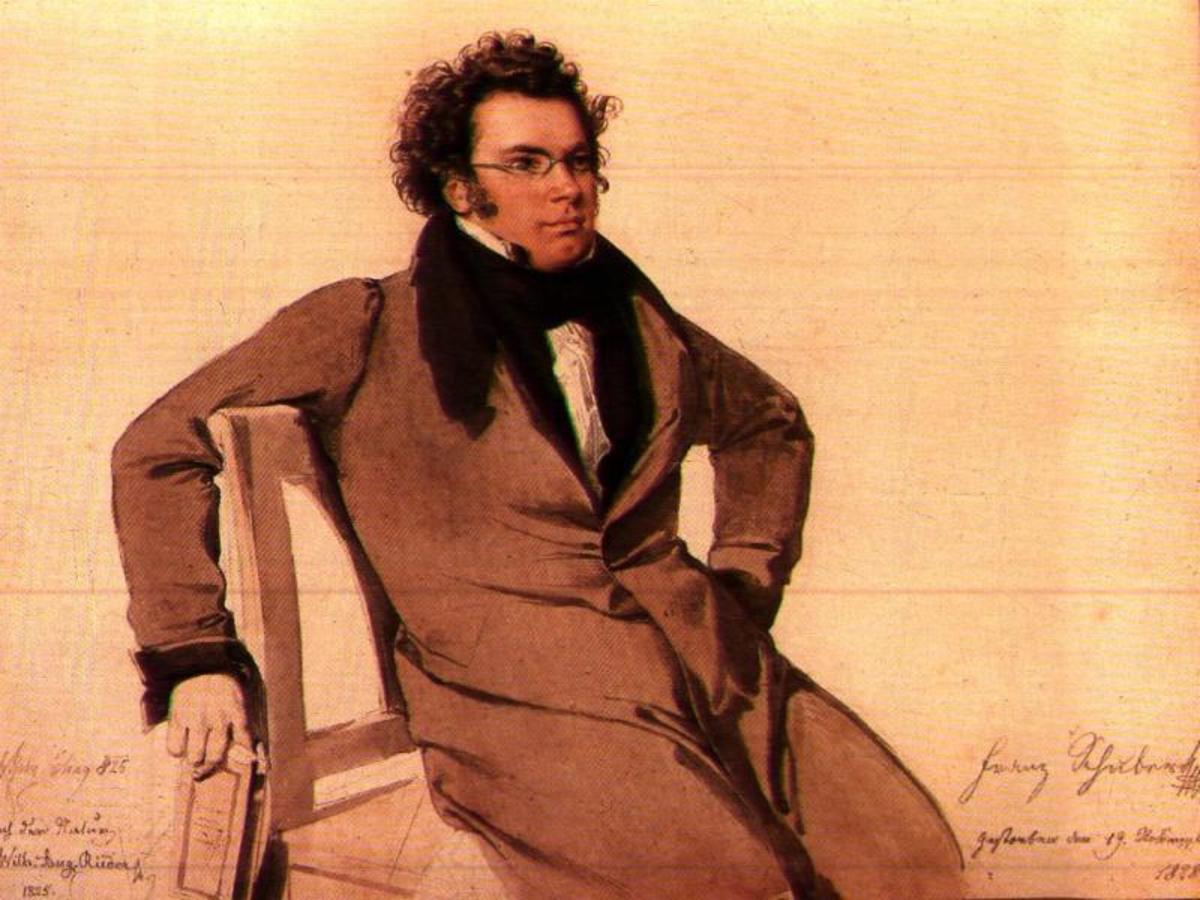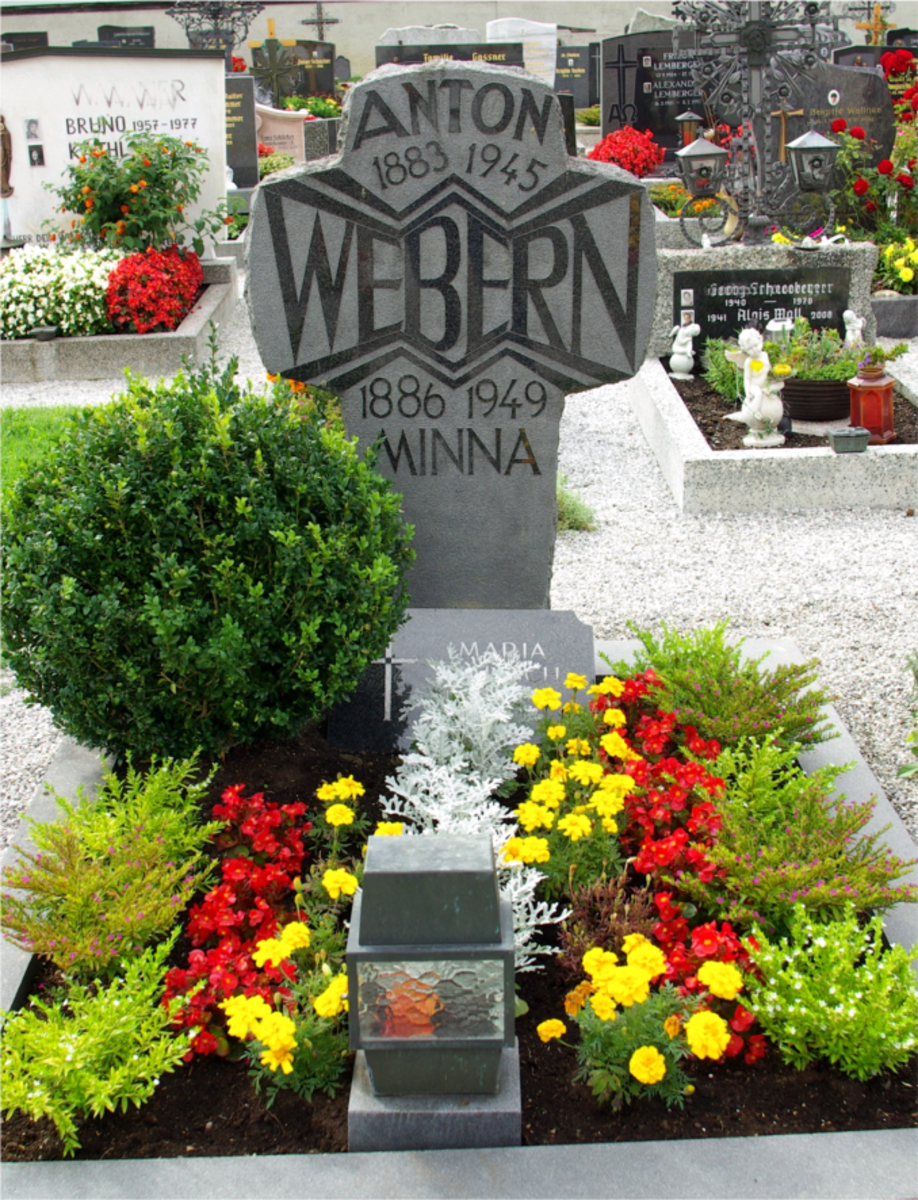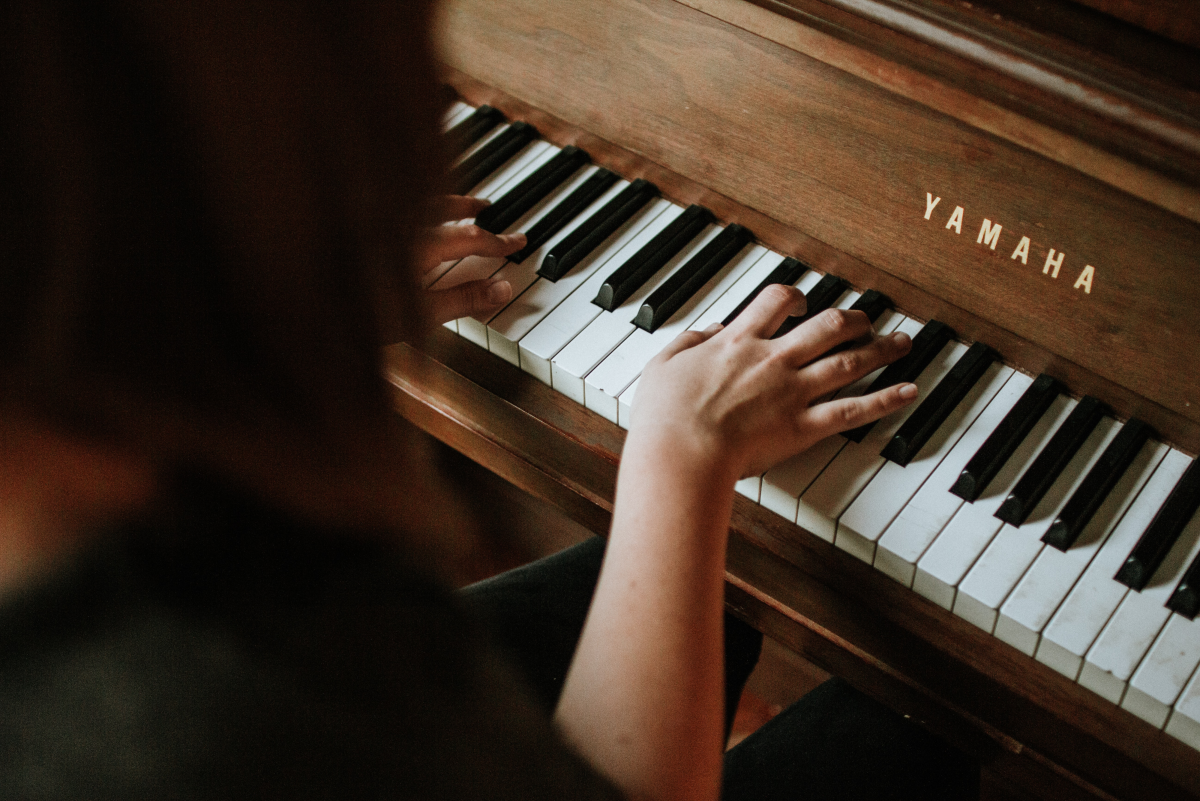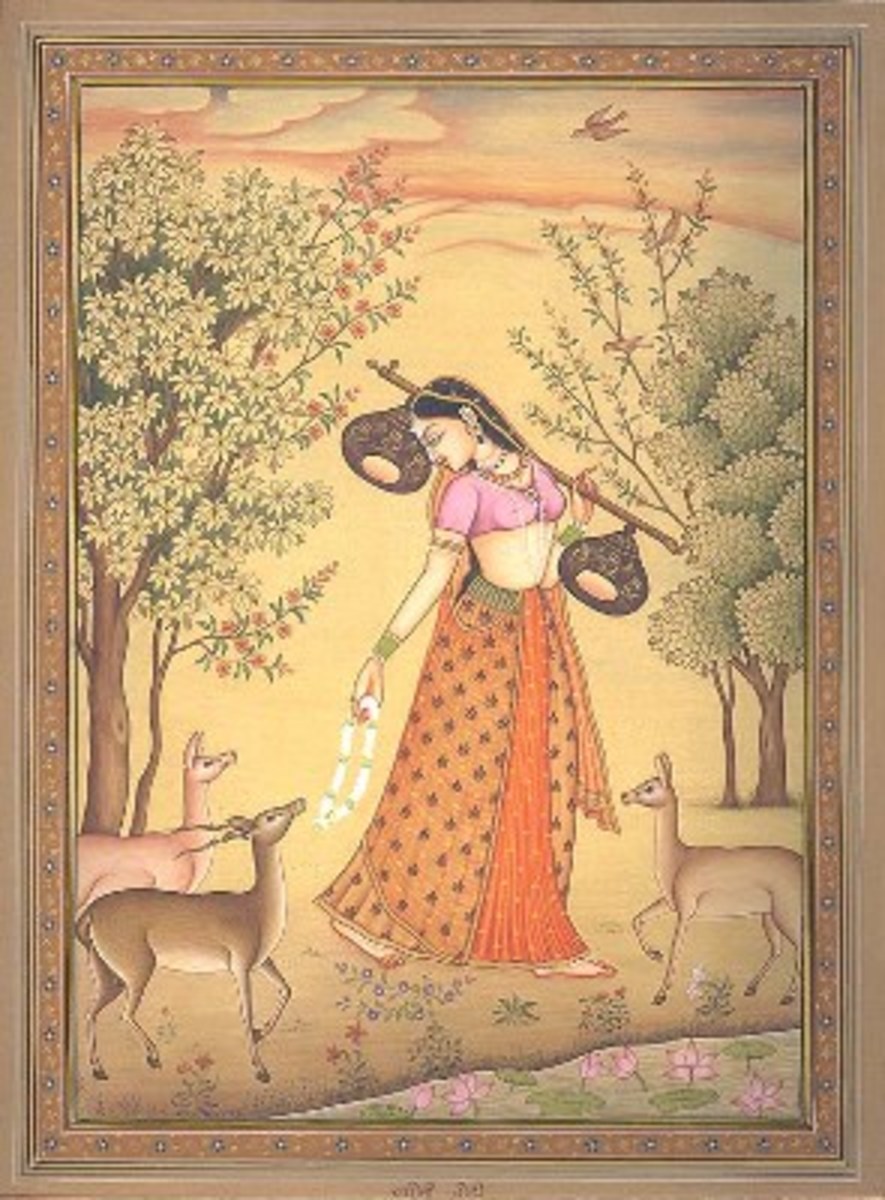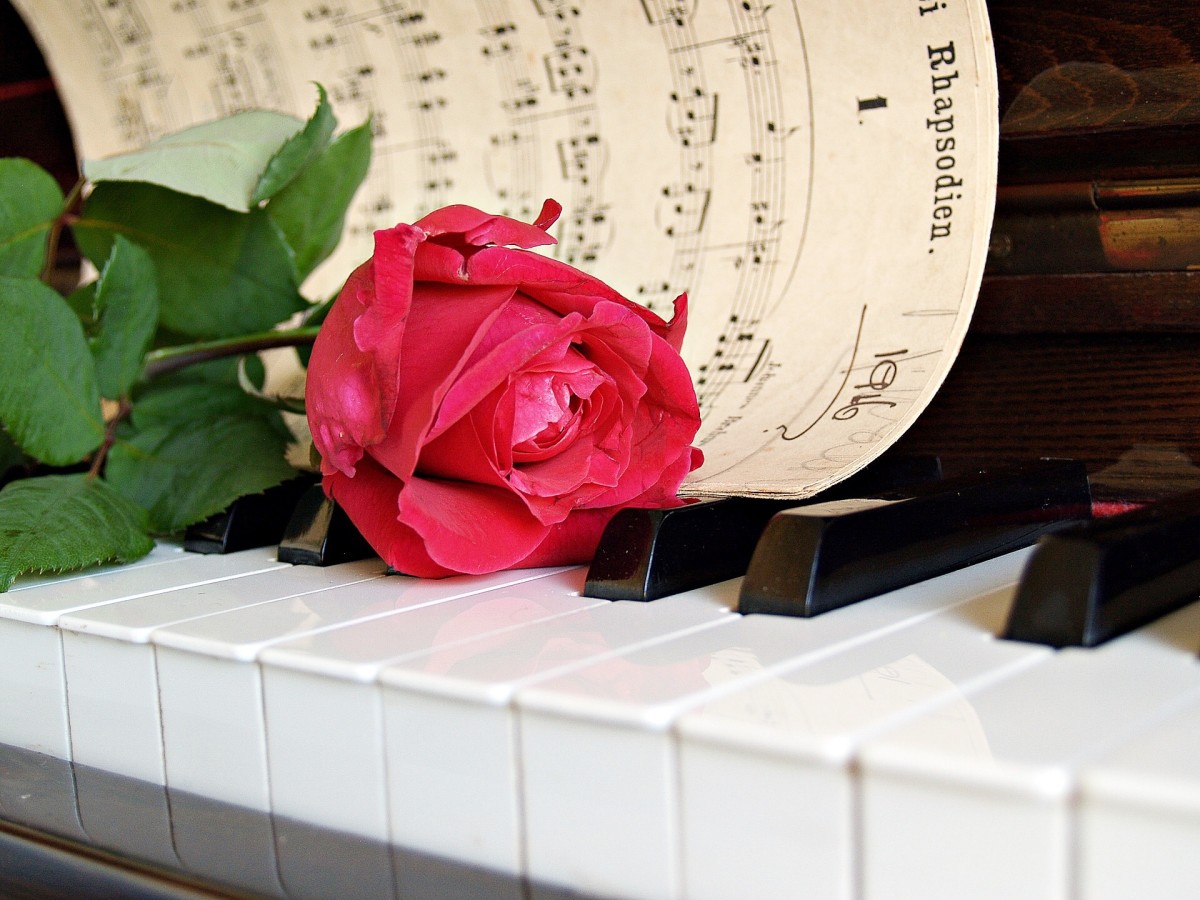Some Musings on "Classical" Music
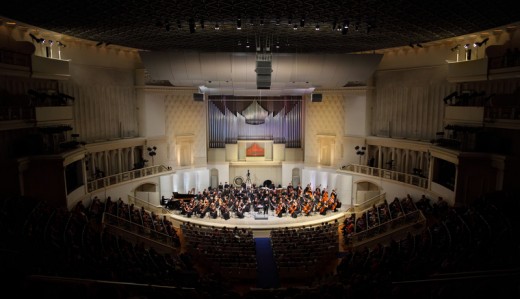
When I was a young lad, say 5 or 6, my father got a kick out of watching me standing in front of the phonograph "conducting" Mozart's Overture to the Magic Flute. As I grew older, I listened to more and more of what most people refer to as "classical" music. In fact, I was in my mid teens before I "discovered" rock n' roll . Of course, the rock music of those days (late 50s-early 60s) was far superior to what is called "rock" music these days, but that's a subject for another hub! (I have some definite opinions about music as you may have guessed.) Initially, I was not particularly enamored with opera - that was to come later. No, it was the large orchestral works of Mozart, Beethoven, Brahms and the like that caught my ear.
A few words about "classical" music. What I am discussing here is "serious" music, written by masters in the field from, say, 1650 until maybe 1950 or so. (There are "classical" composers today but the music written now bears little resemblance to what most of us consider to be "classical" music - more on that later.) The word "classical" actually refers to music written between 1750 and 1820 - think Mozart, Haydn, early Beethoven. Prior to that, the music written by composers like Bach, Scarlatti, and Handel is generally referred to as "baroque." After Beethoven (who, as great as he was, is sometimes considered a "transitional" figure), the next era was the "romantic" era, lasting roughly 1810-1920 or so (yes, there was some overlap). Then came, for better or worse (mostly worse in my opinion) the "modern" era. The romantic era encompassed such giants as later Beethoven, late Schubert, Schumann, Brahms, Liszt, Wagner, Verdi, and Puccini, not to mention the Russians Tschaikovsky, Rimsky-Korsakov, etc. The Romantic movement heralded the rejection of classical forms and focused on emotion:
"The Romantic era was one of extremes, with composers not only looking back to the past but also abandoning classical conventions and experimenting with new and daring harmonic language and form." ( Visual Reference Guides - Classical Music, general editor John Burrows, Metro Books, NY, 2010)
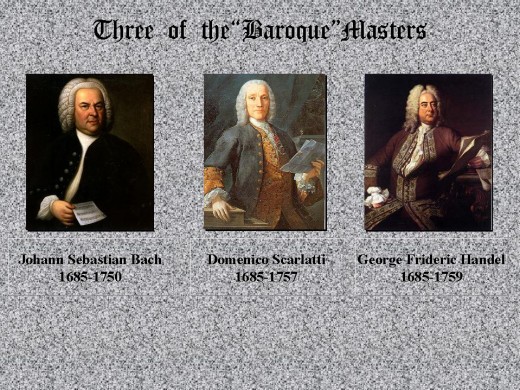
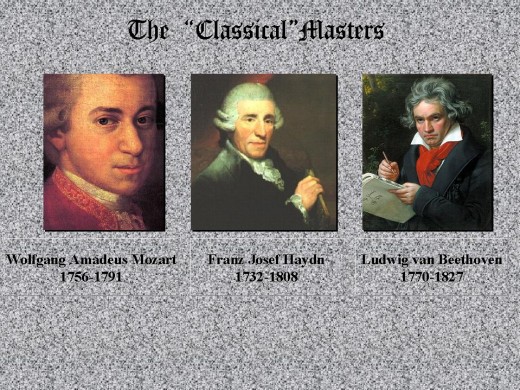
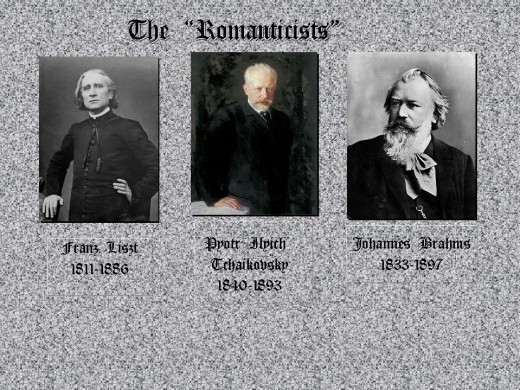
Whereas "classical" composers usually stuck to the conventions of the "sonata" form (still utilized today in some cases), with exposition, development, and recapitulation, the romantics experimented with extra movements, new instruments, using the human voice in symphonies, and ever-larger orchestras. Richard Wagner was probably the pinnacle of this phenomenon - which brings me to the subject of opera. When I was in the army, some glorious music came on the radio and I didn't recognize it. A friend of mine said something like "That's Wagner." I immediately went to the base library and grabbed some records of Wagner's instrumental music (excerpts from his operas Lohengrin, Tannhauser, and the Ring). I was hooked. After a while, I wanted to hear what the originals sounded like so I went and got recordings of the operas. Again, I was hooked! Now, having developed a taste for German opera, I decided to try Italian opera. And the rest, as they say, is history. (Coming from an Italian-American family, I had been exposed to Italian opera and, sorry to say, I was not impressed - I thought it sounded like screeching. Ah well, I was young . . .) So I got into Italian opera via German opera and I listen to French and Russian opera as well.
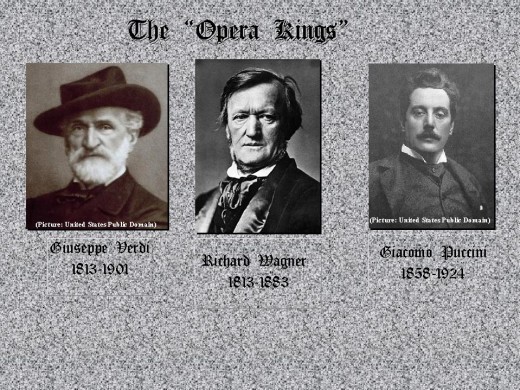
One of the benefits of living in Europe (as I did for many years) is the access to some of the finest classical music venues in the world. My wife and I heard operas and concerts in such cities as London, Rome, Vienna, Salzburg, and others. (I have another hub on opera in Verona, Italy, an amazing place to experience grand opera. I have added the link below.) If you're new to opera, try to find a performance of Bizet's Carmen or Rossini's The Barber of Seville. I don't recommend Wagnerian opera for first-timers - it's a bit heavy (although the music is wonderful). Also, familiarize yourself with the story of the opera you plan to attend (English-subtitles available in some opera halls help a lot as well). Some of my favorite Italian operas: Turandot, La Boheme, Tosca by Giacomo Puccini, La Traviata, Rigoletto, Aida by Giuseppe Verdi, I Pagliacci by Ruggiero Leoncavallo. Wolfgang Amadeus Mozart wrote opera in both German and Italian: Die Zauberflote (Magic Flute), Le Nozze di Figaro (Marriage of Figaro), Cosi Fan Tutte (Thus Do All Women), and Don Giovanni (Don Juan) are marvelous. Speaking of German opera, Wagner's Der Ring des Nibelungen (The Ring of the Nibelung) is a four-opera saga and is not for the neophyte. On the other hand, it is an absolutely incredible work - it is meant to be enjoyed on four nights in succession and is about 15 hours long!. Most people hate Wagner or love Wagner. I'm squarely in the latter camp. Again, probably not for the beginning listener. But once you get hooked . . .

With respect to symphonic music, there is a plethora to choose from. Ludwig van Beethoven is probably the "king" of the symphony - the opening four notes of Symphony #5 (dit-dit-dit-DAH) have entered the lexicon. His seventh is an incredible piece of music (Wagner referred to is as "the apotheosis of the dance") and the ninth is music for the ages. But don't ignore the symphonies of Mozart, Haydn, Schubert, Schumann, and Brahms. Then there are the Russians, Tschaikovsky, Borodin, and Rachmaninoff. Sergei Rachmaninoff, in my estimation, along with Tschaikovsky and Puccini, wrote some of the most beautiful melodies in the history of music. All three of those composers have been heavily criticized as being "bombastic" and hyper-emotional; these critics are usually proponents of so-called modern music, usually atonal, and (of course) "avant-garde." Well, their music stubbornly refuses to go away and, at least in my opinion, represents some of most beautiful music ever written. (Try Rachmaninoff's 2nd Piano Concerto, any of Tchaikovsky's ballets and, of course, Puccini's operas.) More recently, the symphonic music of Igor Stravinsky and Dimitri Shostakovich has its admirers (the Shostakovich 5th symphony is one of the most emotionally draining pieces of music I've ever heard. It was written as a response to criticism from Soviet dictator Joseph Stalin's government which pressured the composer to write music compatible with "socialist realism." It's an amazing piece. Recommended.) I am also a fan of the "symphonic poem," the master of which was Franz Liszt (his solo piano music, by the way, is incredible. It takes a virtuoso pianist to play it and, when you hear it, you may think the pianist has more than two hands!)
Reading the previous paragraphs you probably realize I am not a big fan of "modern music," i.e., music that is basically non-melodic and abstract. In the early part of the twentieth century, there was a rejection of the Romantic tradition, especially the music of people like Wagner and Tschaikovsky. A new sort of minimalism took over, and composers experimented with atonal (i.e., music without a recognizable tonality or key) and "serial" music which follows a formulaic approach. Much of this stuff is dissonant, and leaves me cold. To each his own, I guess. Actually, I think the "classical" music of tomorrow will include some of the music being written for motion pictures - the scores of John Williams come to mind (Star Wars, Close Encounters, Jurassic Park, etc. By the way, Williams uses some "serial" techniques in the Close Encounters score.) In earlier centuries, many composers wrote overtures and preludes for staged works so movie music is really in the same vein. (Indeed, you can already purchase a "Star Wars Suite.")
I realize I've been rambling but there is so much to write about when it comes to good music; indeed, there are many fine books on the subject. If you're not familiar with "classical" music (or you think it's corny or somehow "old-fashioned"), I urge to open your mind and LISTEN to it. It may grab you and hold and never let go; it is music that touches the soul. One other thing: listen to fine music on a good music system, not an iPod, or some other digitally compressed format. The better the system, the better the musical experience will be. (I still prefer vinyl to compact disks by the way - they just sound better.) Of course, hearing it live, if possible, is the best choice.
However you do it, I wish you good listening!
